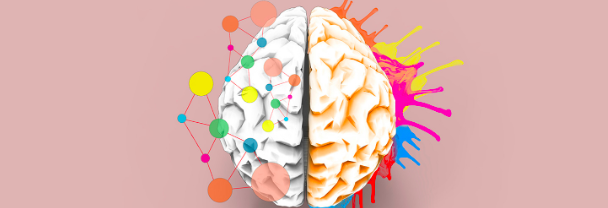Protecting Your Mental Health
April 13, 2020
Schools have shut down, playgrounds have been deserted and grocery stores have become filled with masked adults anxious to leave. Since the first confirmed cases of COVID-19 in December 2019, social distancing has gradually become stricter in an effort to “flatten the curve.” This is essential, as there are approximately 1.76 million confirmed cases worldwide, but many are staying home all day, with little or no interaction with the outdoors or with people other than their family. People are already showing signs of depression, anxiety, and social deprivation because of the social isolation, so the question becomes, how can we stop this?
The Center for Disease Control and Prevention (CDC) recommends that you first acknowledge that outbreaks are stressful. Whether you are on the frontlines in hospitals directly helping others, or staying at home to prevent rising infection rates, being confined in a small space is stressful.
Fear and anxiety can be overwhelming in children and adults alike. Also remember that everyone responds differently to frustrating situations. While one may find staying at home easy, another may find this task daunting. Coping with these feelings will make you, the people you care about, and your community stronger.
To cope, take breaks from watching, reading, or listening to the news. While it is important to stay informed, repeatedly hearing about the pandemic can be upsetting and mentally draining. Taking care of your body is also an excellent way to stay both physically and mentally healthy. Meditate, stretch, and take deep breaths when you feel tense. Eating healthy/well balanced meals, exercising regularly, and sleeping at least 8 hours a night are also important.
Although you may feel a need to incessantly complete work or study, recognize that you need time to unwind. Just like during school, you have to take breaks from your work to ensure you are not too stressed. While this is a good time to catch up on assignments, try to do other activities that you enjoy.
Take this time to build stronger connections. It’s likely that others have the same feelings as you about staying home all day. Talk to the people you trust about your feelings and concerns, and remember to listen to theirs.
We live in a technologically advanced society- remember that. Anytime you miss talking to your friends, they are only a phone call away.



